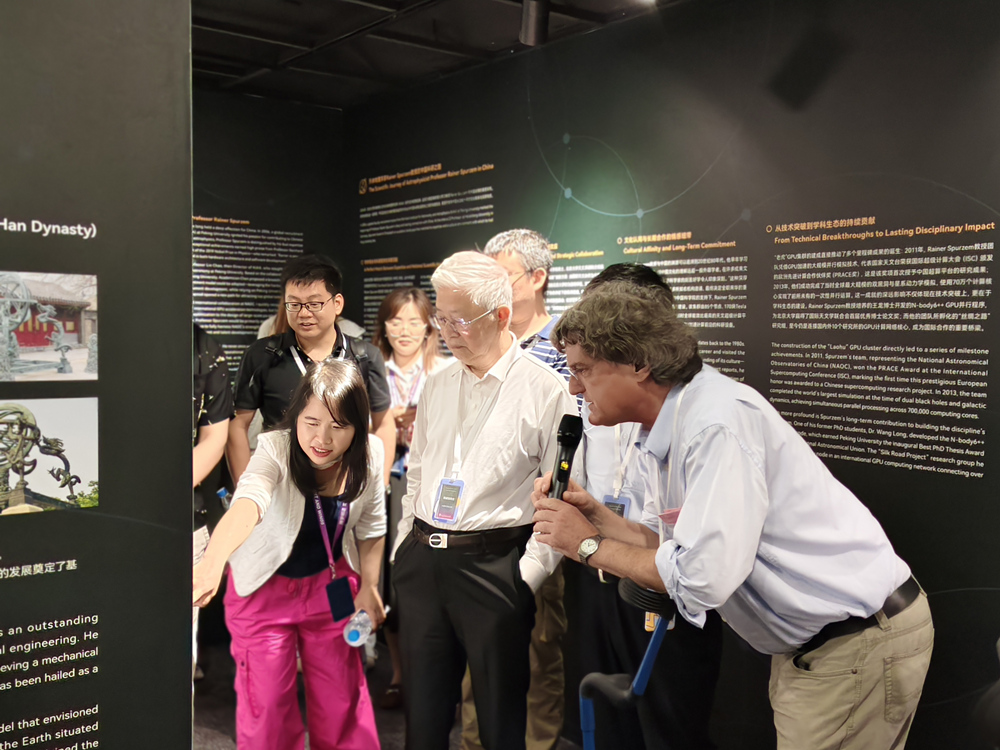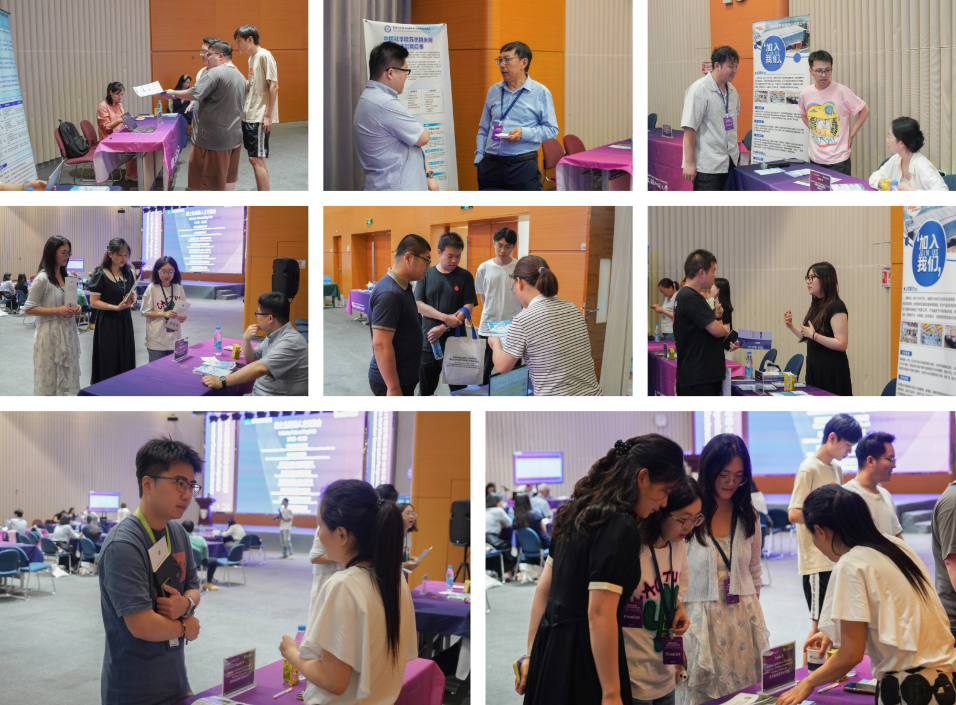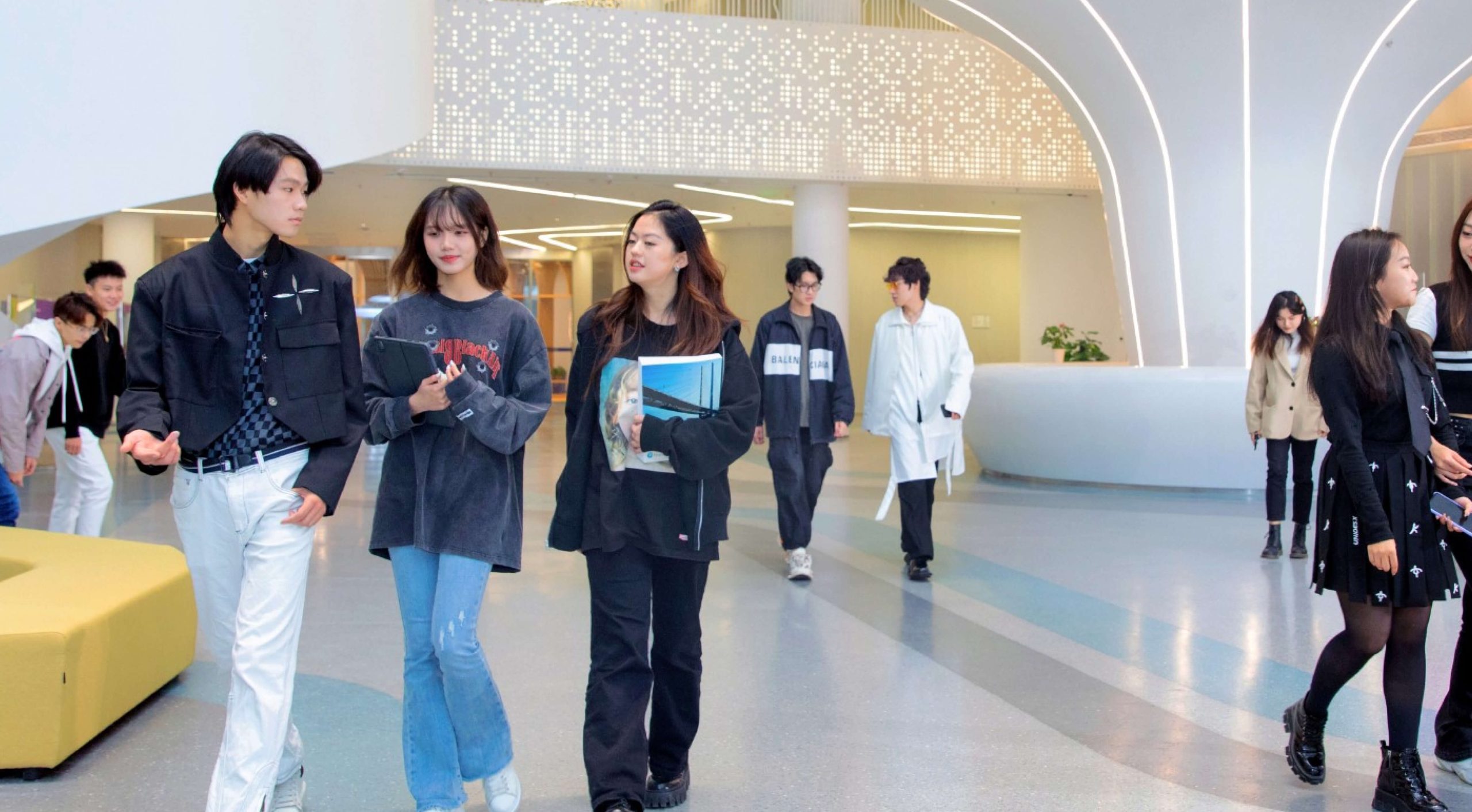We help you develop into a global citizen with the skills, knowledge, abilities, temperament and tenacity to succeed in today’s competitive and fast-changing world.


Founded in 2006, XJTLU is the leading international joint venture university in China, a partnership between Xi'an Jiaotong University and the University of Liverpool.
* Data by October 2024

Who: Elisa Faccani, Master’s Exchange in China Studies at Xi’an Jiaotong-Liverpool University ...
05 Jul 2025
The University of Liverpool’s Libraries, Museums and Galleries (LMG) in the UK have recently dona... 01 Jul 2025
01 Jul 2025
On 16 May, Xi’an Jiaotong-Liverpool University (XJTLU) hosted the launch ceremony of the exhibiti... 26 Jun 2025
26 Jun 2025
1 Three-Minute Thesis competition 1 Industry Networking Hub 5 universities These were the... 25 Jun 2025
25 Jun 2025




